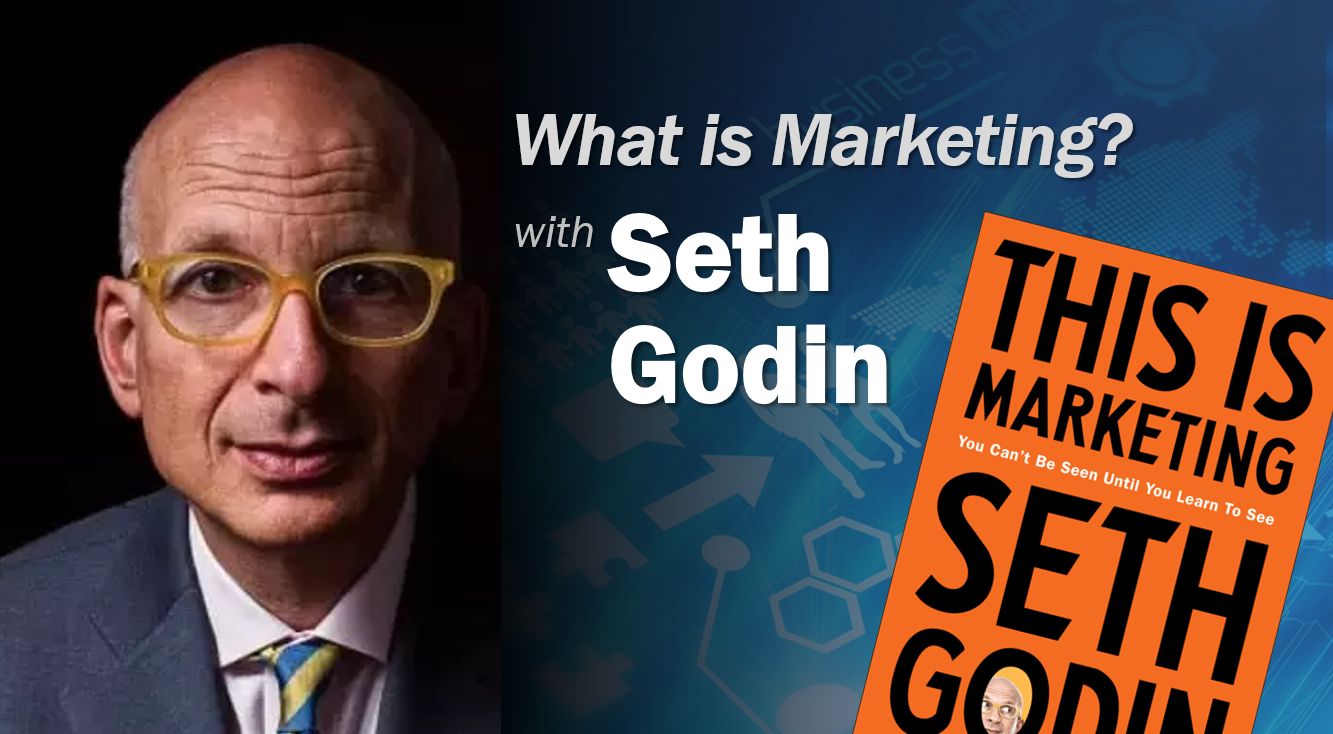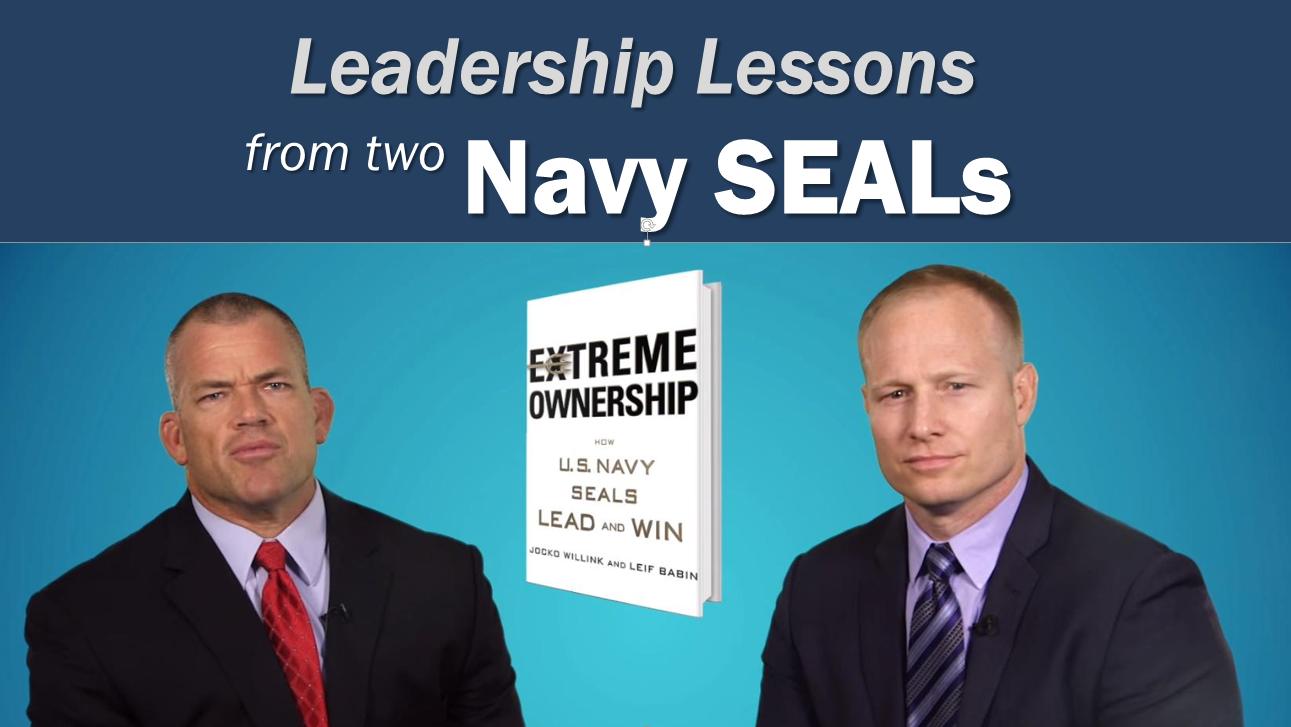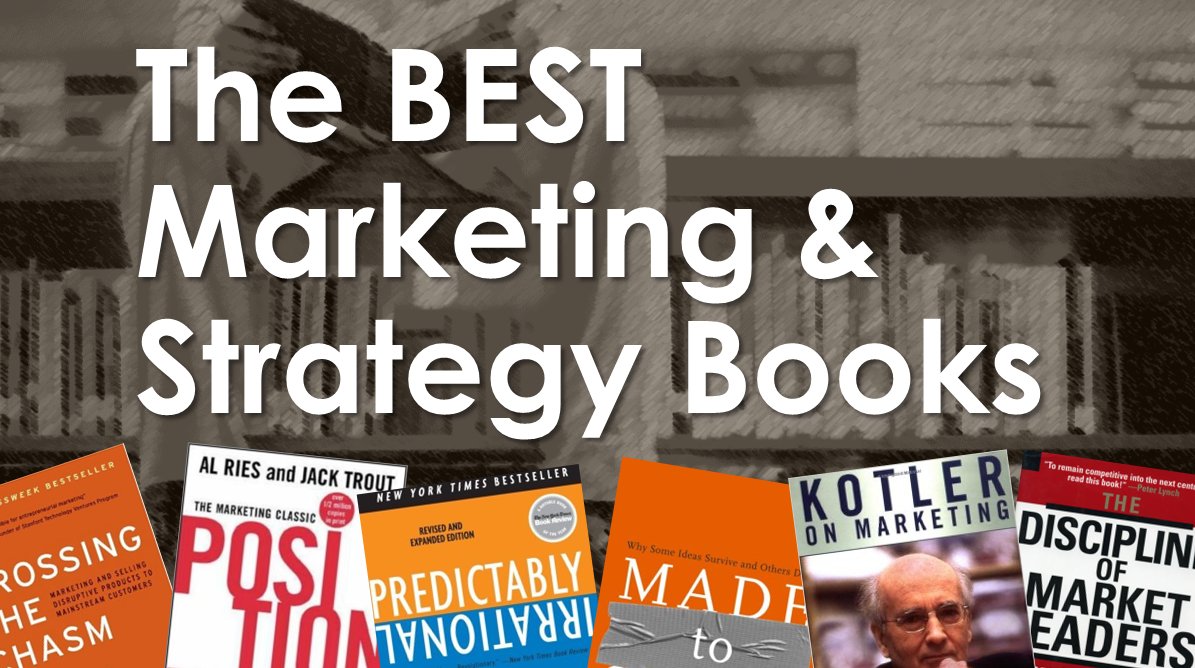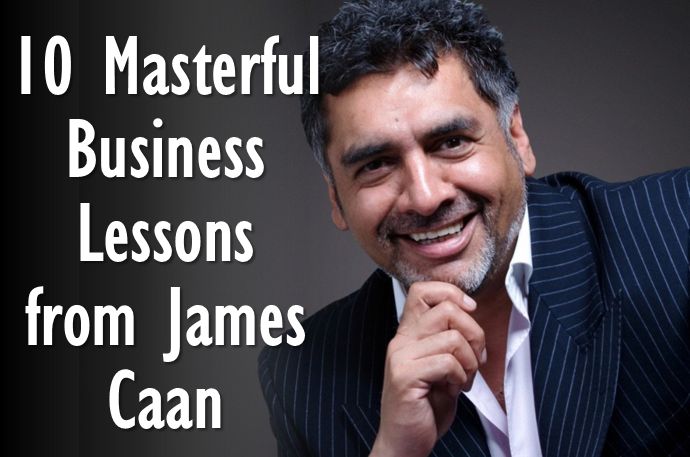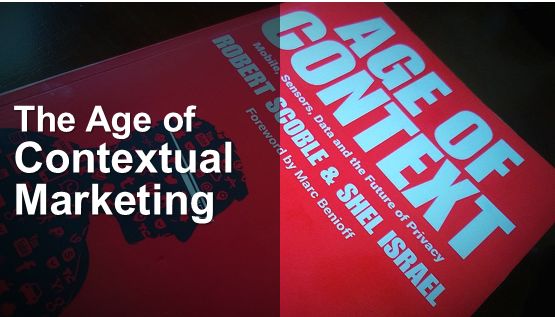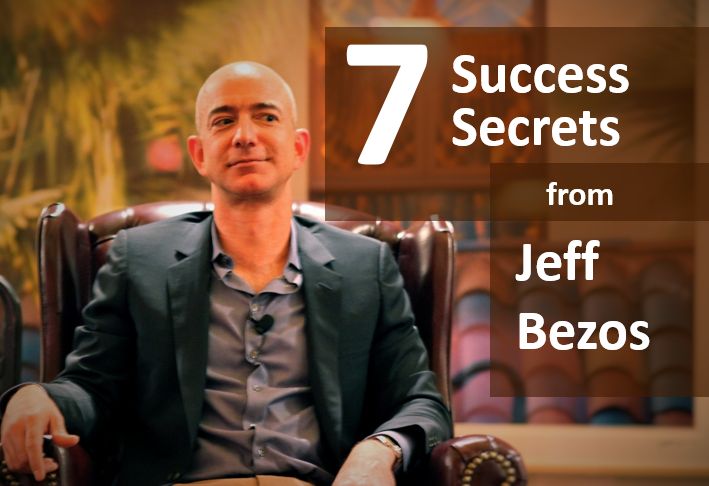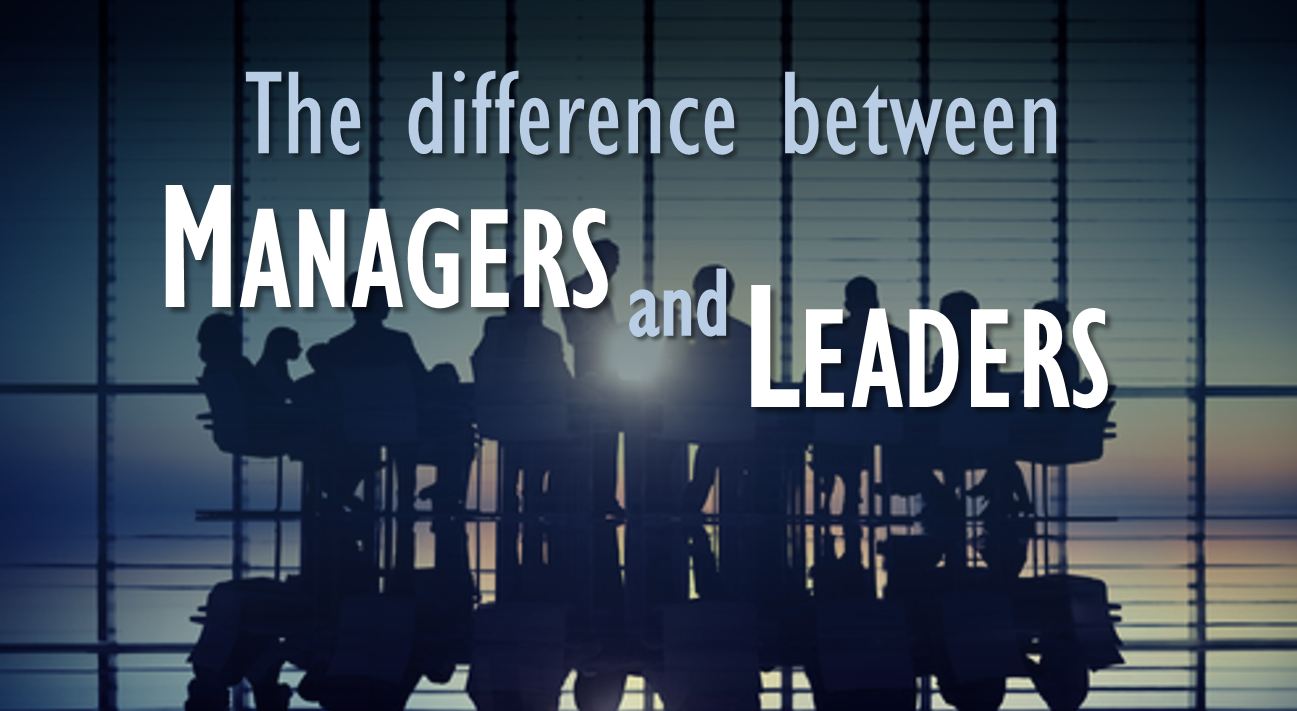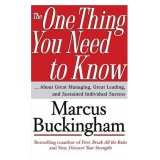Social media strategy? Yes, we have one. We are advertising on Facebook and we hired a social media manager to tweet our promotions and publish stuff on Facebook. Sorry, that’s not a strategy. Since 2009, I have been promoting the idea that social media is not a strategy. In fact, Facebook is not a social media company, it is an advertising company.
This is why I immediately connected with The Conversation Company, Boost your business through culture, people and social media by Steven Van Belleghem. 
Here is my favorite quote, from the prologue by Joseph Jaffe “You are only as smart as your actions. And yes, your results: the impact you make on your business, your brand and your earnings”. This is an important guiding principle for all social media marketers and really for all marketers. It’s not about the followers or the ‘cool’ marketing campaign that uses the latest social media gizmo. It is about creating positive impact for the business.
In this book, Steven gets is right: social media is only a tool for customer conversations. A channel for engagement, just like email. The hard part is not using social media tools (there is too much focus on social networking sites such as Twitter or Facebook). The hard part (the meaningful part) is changing the company culture to make the entire organization customer centric. “The challenge is for companies to become more human”
This sounds very cool, high-level strategy speak. Similar to mission statements published by many companies stating customer is at the center of the business, yet nothing happens. To make this vision actionable, the author provides very clear and specific guidance such as: “To be effective at using social media for customer service, you must first embrace customer service and stop looking at it as a cost center. Instead consider it can work as a conversation starter.”
“The focus must be placed in conversations between people. Because they influence opinions. Online and offline. Customer conversations form the basis of growth for a company.” Over a decade ago, the Cluetrain Manifesto established that markets are conversations. Steven has taken this idea and wrote a book to guide you how to make it a reality inside an organization.
The book provides a very complete 3-step roadmap for implementing a customer conversation strategy including best practices and real-world examples . For example, one of the first steps the author recommends: encouraging customers to have a conversation about their experience with your company – to capture their testimonials and amplify their voice.
Steven goes on to say the traditional 4 ‘P’s of marketing should be replaced (or augmented) by the four ‘C’s: Customer Experience, Conversation, Content and Collaboration. These are four key areas of customer engagement. I would suggest adding one more: Context (relevance) which implies also the creation of Value for customers.
Social Businesses engage in conversations. This means they embrace every customer contact as an opportunity to engage with customers, learn from them and add value. Customer engagement (conversation) experts are not social media tool managers. They are change agents tasked with making the customer the center for the company.
Re-inventing the business into a conversation company is hard, it requires making deeper changes than executing on a tactical social media marketing plan. The transformation starts with company values and impacts all aspects of the company.
Sounds like a job far beyond the scope of a marketing department? Not really. Today, Marketing is at the core of the business. The opportunity is for marketers to step up and drive the strategy, play a much larger role in the organization. This is the new role of marketing. This book is a good first step. I can certainly recommend it to anyone looking for ideas to maximize the value of social media.

